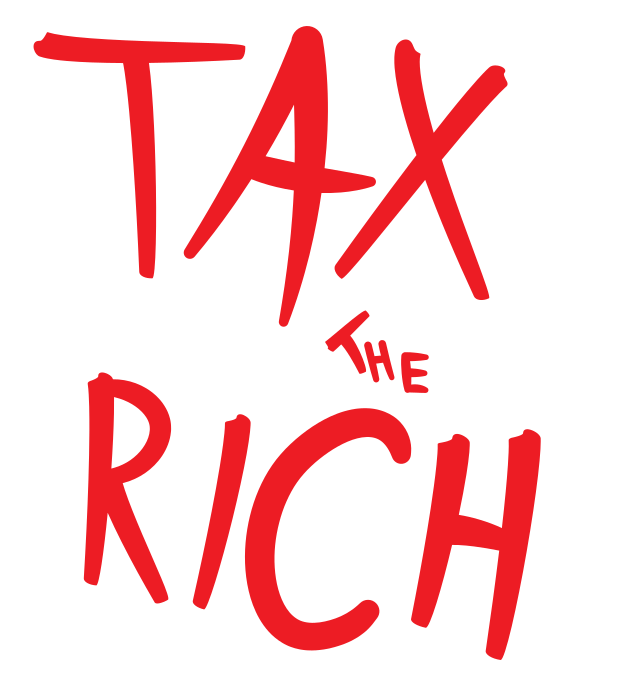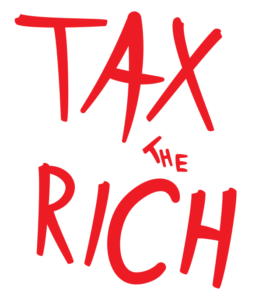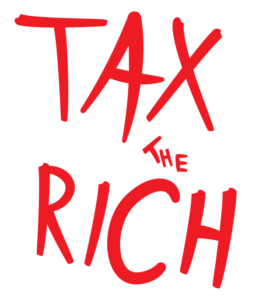
By Nyah Marshall
Alexandria Ocasio-Cortez may have had the best of intentions when she showed up at the Met Gala in a white mermaid-style gown with “Tax the Rich” on the back in bold red letters. Her motive was to push those who have much, to share more with those who have less.
“She wanted to make sure that this message was brought into that room and into a group of people who ultimately have to be willing to be more liberal with their economic values as well,” Aurora James, who designed the dress, told CNNlater. “And I think that’s what we’ve done.”
Clearly, the message was received, judging by the controversy that followed. Yet, if the objective of the messengers was to move minds, money, and votes in Congress, their claims of victory may have been premature.
Requiring the rich to pay more in federal taxes has emerged these days in Washington as a rallying cry for passage of proposals to spend trillions on new and existing bread-and-butter federal programs from homelessness and child care to school lunches and college costs, as well as on climate change.
Much of the money would come from higher taxes, which President Biden has said would be raised primarily on Americans who make $400,000 or more a year. Ocasio-Cortez, a progressive New York Democrat, is all in on such an idea.
Polls indicate that American voters are divided. Voters in the House and the Senate are too, and, in some cases, understandably so. Many of the them are rich themselves—officially millionaires, and more often so than the rest of the American people, according to the Center for Responsive Politics, which studies Congressional financial disclosure forms.
When the time comes to put up or shut up on such matters, one side may have a time-tested advantage. Whether voting in their own interest, those of their constituents, or the interests of people and businesses that help to finance their election and re-election, those on the side of the rich—the economic elite, as labeled by some—are more likely to get their way.
This is especially the case when “the policies consist primarily of tax increases,” Martin Giles of Princeton University, and Northwestern University’s Benjamin I. Page, reported in their 2014 study of how people at various income levels and representing organized interest groups with sometimes diverging policy preferences fared in legislative matters.
Some of their findings, they said, appear to buttress the theory that in practice, the United States is less the democracy it aspires to be and more akin to an oligarchy—a society “in which the wealthiest citizens…dominate policy concerning crucial issues of wealth and income protection.”
Ocasio-Cortez, like designer James, declared a win after her red-carpet moment at the Gala, even if minds were not changed.
“Ultimately the haters hated and the people who are thoughtful were thoughtful. But we all had a conversation about Taxing the Rich in front of the very people who lobby against it,” she said, “and punctured the 4th wall of excess and spectacle.”
AOC’s red-carpet appearance received a healthy mix of yay and nay votes from commentators on all sides. How the opinions will play out in voting on the floors of Congress is yet to be seen.

